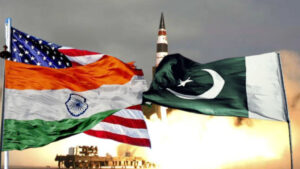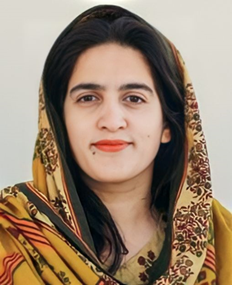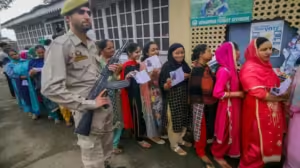
The Duality of U.S. Policy in South Asia
The recent U.S. sanctions on Pakistan’s missile program, coupled with unsubstantiated claims of its targeting the U.S., reflect a broader geopolitical strategy aimed at undermining Pakistan’s strategic autonomy while selectively favoring India’s missile advancements, thereby exacerbating regional power imbalances in South Asia.







